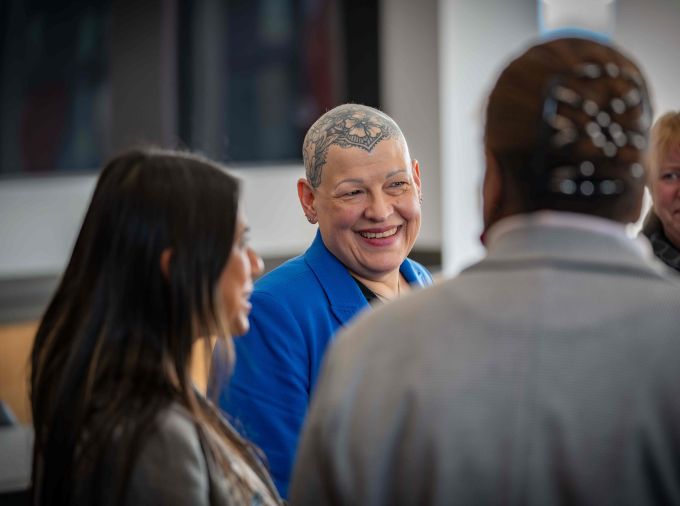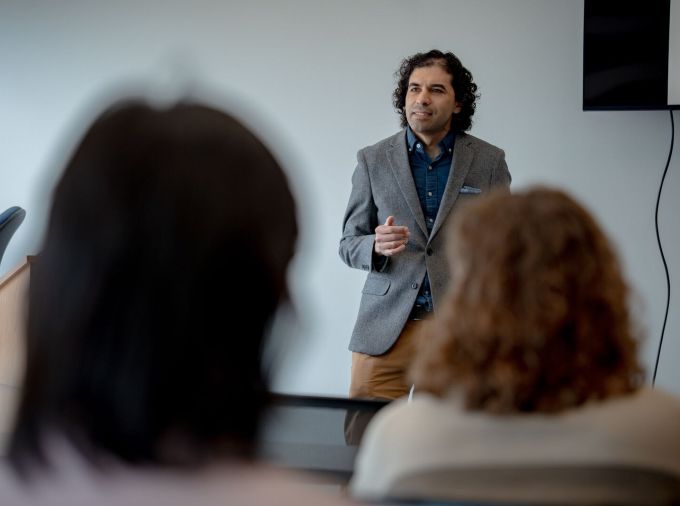Full site navigation menu
This dialog contains the full navigation menu for ist.psu.edu.
Penn State College of IST
- Degree Programs
- Admissions
- Current Students
- Research
-
About
- About
- Directory
- Location and Contact
- Employment Opportunities
- From the Dean
- Mission, Vision, and Strategic Plan
- College Leadership
- Departments
- Our History
- Diversity, Equity, Inclusion and Belonging
- Dean's Advisory Board
- iConnect Magazine
- IST Honor Code
- McMurtry Excellence Award
- Distinguished Lecture Series
Information For
Search






